Weekend’s Food for Thought
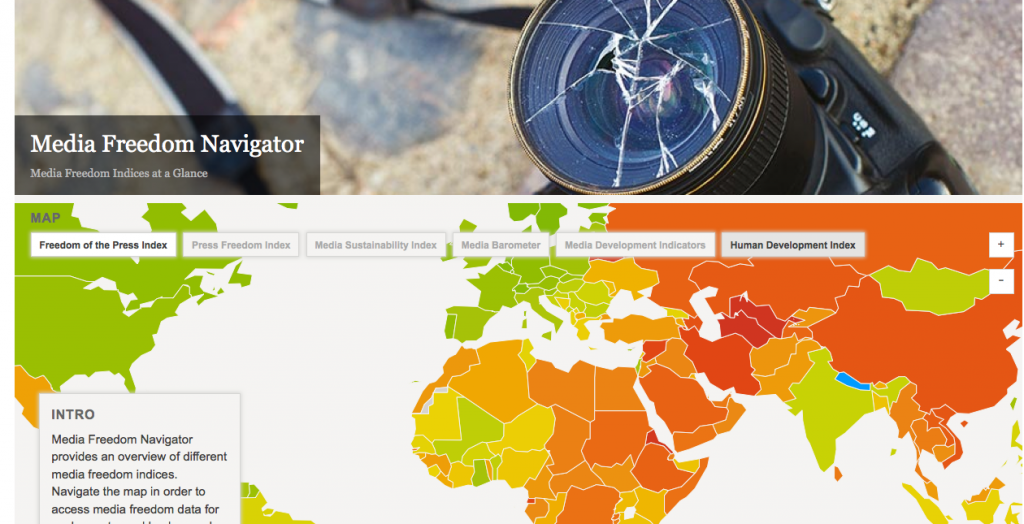
For this weekend we found a couple of good tools you can use in you communication practice. Also, the last week’s tragedy in Nepal gave lessons about the efficiency of communication during and after the crisis. Here are some reads to reflect on how C4D has taken place in response to the earthquake.
Tips for Community Radio Building
Empowerhouse offers a 7 weeks course on establishing a sustainable community radio. What to start from? Birgitte Yallov shares “10 traps to avoid” for enthusiasts who strive to build productive communication that matters. Having microphones in your studio is only one step in empowering communities to speak up. More insights in the course, which starts May 13.
Two-way Communication in Nepal
“Firstly ask if your assistance in appropriate,” advises CDAC Network on engagement in aid practices. Key lessons from Haiti and Ebola crises can be implemented in communication efforts in the aftershock of the Nepal earthquake. The article offers some tools and guidance on not merely “messaging out”, but providing a platform for sharing within affected communities.
Mobile network in a Rucksack
ICT for disaster response can be packed in a rucksack and set up in 10 minutes. The brand new device can connect 5 users simultaneously and enables sharing thousands of SMS messages with a global telecom network. It should be particularly helpful to restore communication in the remote areas of Nepal where the infrastructure was damaged the most.
Nepal Earthquake – 2016
What will media write about the work of aid agencies in Nepal one year from now? They might find pitfalls and criticize for every action they find to be insufficient. Yet there are also questions to be asked to media representatives now and they are outlined in this opened letter.
Media Freedom Navigator
Studying media freedom worldwide has become easier with a new tool introduced by Deutsche Welle Akademie. Media Freedom Navigator is an interactive map that shows rankings from Reporters without Borders, UNESCO, Human Development and Freedom House and how their indices are compiled. Besides, there is a quiz, which could be an asset for studying media development globally.
Image: screenshot
 New PhD opportunities at the University of Leicester
New PhD opportunities at the University of Leicester Call for Abstracts: New Directions in Media, Communication and Sociology (NDiMS) Conference
Call for Abstracts: New Directions in Media, Communication and Sociology (NDiMS) Conference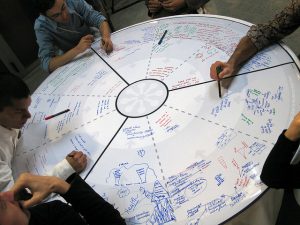 Ørecomm Team to Gather at the University of Coimbra
Ørecomm Team to Gather at the University of Coimbra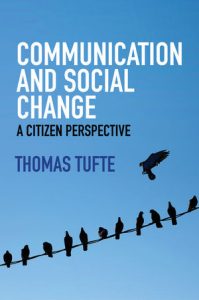 “Communication and Social Change – A Citizen Perspective” Published
“Communication and Social Change – A Citizen Perspective” Published C4D Network to Sum Up Global Communication for Development Practice
C4D Network to Sum Up Global Communication for Development Practice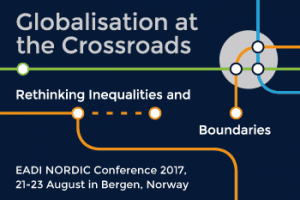 Entering Media and Communication into Development Conferences?
Entering Media and Communication into Development Conferences?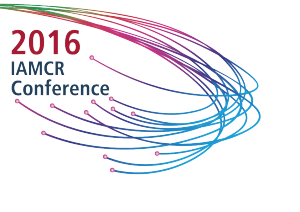 IAMCR Conference 2016: Communication for Development Highlights
IAMCR Conference 2016: Communication for Development Highlights Glocal Classroom Revisited – Storytelling & Social Change Leicester-Malmö
Glocal Classroom Revisited – Storytelling & Social Change Leicester-Malmö I EvalComDev International Conference: Call for Papers
I EvalComDev International Conference: Call for Papers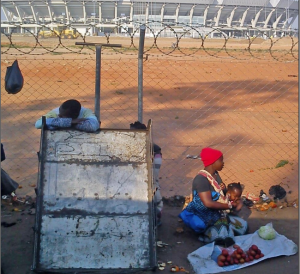 Looking for Media and Communication in Development Conferences: Devres 2016
Looking for Media and Communication in Development Conferences: Devres 2016